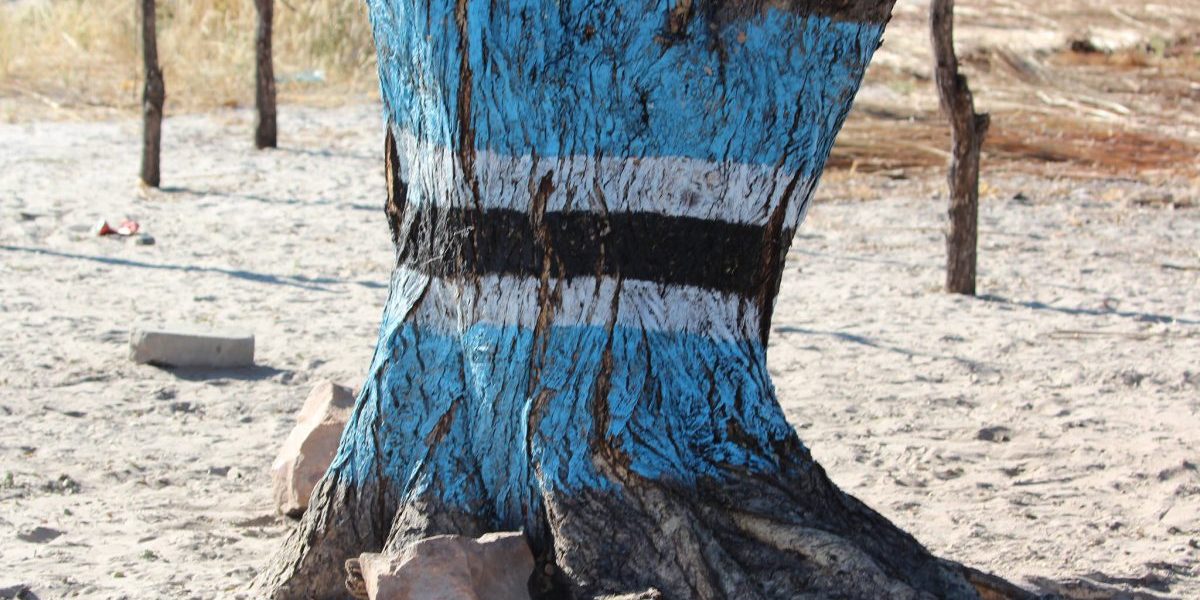Africa is a potentially rich continent that remains one of the poorest in the world. For most African countries, an abundance of resources has not only contributed to underdevelopment but has undermined democracy. Public office is a major source of wealth, power and career advancement, in part because the private sector remains small and underdeveloped. The squalor in Africa comes about in part because resources are diverted to support the expensive lifestyles of politicians and to prolong their stay in office. Botswana may be an exception. The country has not experienced ‘spoils politics’ and instability – or even leadership ripples – in the same way as other mineral-rich African countries have.
This paper assesses possible explanations for Botswana’s relative economic and democratic success. It argues that minerals alone are not a sufficient condition to account for Botswana’s unique performance. It identifies other key factors like the role of its leaders, its political culture and its ability to adapt democratic principles to local conditions. It suggests that the country has lessons to offer to the continent – but warns of challenges that could cause the Botswana ‘miracle’ to fade.
Governance Perspectives are occasional papers that we hope will contribute to a more robust conversation about the nature of Africa’s governance challenges.








